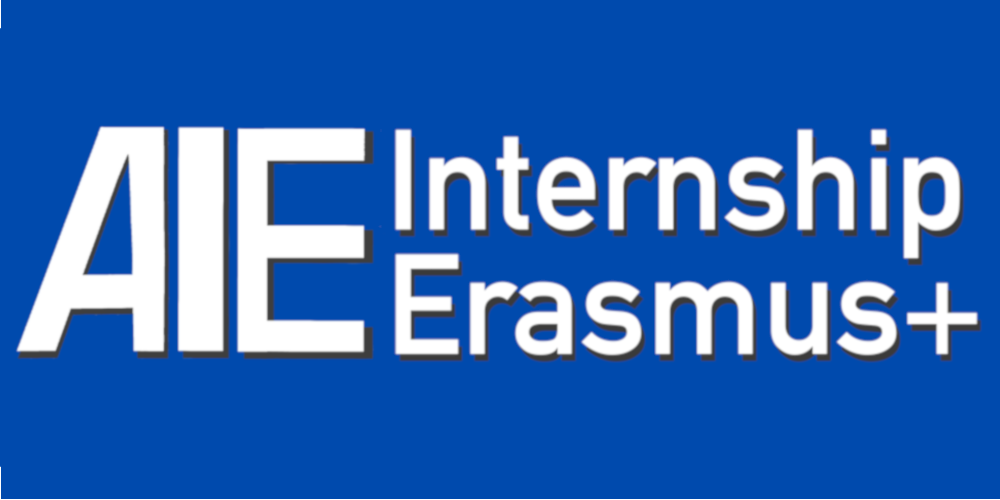A job interview can be something made from our nightmares, or they can be an easy and quick way for us to be hired for a position. Successful interviews only occur from careful organisation and planning – we need to know exactly what we are going to do and say in the interview and how we want to present ourselves. A good interview requires some planning and forethought, so here is a list of do’s and don’ts for your next job interview:
Do’s :
Know the location of the interview: know how you will get there, how long your trip will take you to get there, and know of an alternative route or option in case Plan A fails.
Research the company and the position you are applying for before the interview: if the position or company is in a competitive market, compare your research to other competitors in the same industry. This will showcase to your employer that you know what you are talking about and you have taken the initiative to do some research. It also ensures you won’t miss out on benefits other companies might provide their employees.
Dress for the role: as my Grandmother use to say, “it is always better to be over-dressed than under-dressed”. Regardless of the position you are applying for. But it is important to gauge your audience – if you are applying for a job in a corporate field then corporate attire is appropriate. But if you are applying for a creative or laborious position then maybe something slightly more casual will be appropriate. If you are unsure what to wear, you can always visit the company anonymously a couple of days before your interview to see what other employees are wearing.
Get there early: getting there 5-10 minutes early is perfect. This allows you to settle and calm yourself down, have a drink or go to the bathroom before heading into the interview. It is always a good idea to take those few moments before the interview to calm your nerves and ensure you have a smile on your face when you greet your interviewer.
Notify reception when you arrive: use courteous language and appear friendly with the receptionist. Your employer will take note of how you treat other employees, so always be respectful.
Ensure your breath and body odour smells fine: this is a basic, but often missed rule! Making sure you brush your teeth or have a breath mint before the interview is a must. Plus, it is a good idea to pack some perfume that day to put on before your interview (but don’t overdo the perfume – this is a workplace, not a boys’ locker room in high school!).
Bring extra copies of your resume: make sure there are copies for both you and your employer, 2-3 spares should be plenty. This shows good organisation skills and will make you appear professional.
Don’ts :
Chew gum: you would be surprised at how many people make this mistake! I know we told you earlier to ensure your breath doesn’t smell, but remember to throw the gum away before you even enter the office and say hello to the receptionist.
Use inappropriate language: never use swear words or foul language in your interview, even if your interviewer has said something of that manner. It is always best to be professional regardless of how your colleagues might be behaving.
Allow your interviewer to be rude or mean to you: this rarely happens, but in case you do encounter someone who is rude or disrespectful towards you or your application, remember that you do not have to stay there and be spoken to that way. Politely excuse yourself and explain that you are a professional and that maybe you aren’t the most suitable candidate for the position. Whatever you do, do not respond in a rude or aggressive manner – you do not need to lower yourself to their standards.
Tell jokes during the interview: even if you’re a funny person, jokes are not a good idea unless it is in response to, or with an invitation from your employer. Sometimes humour can be a great tactic in an interview, but remember that it is always a risk.
Talk about politics or religion: these are topics that should never be discussed in a workplace or interview. To talk about these topics is to take the risk of offending someone, you never know who might be listening.
Don’t lie: ever. You will be caught out, now or in the future.
Don’t say anything negative about past employers or employees: even if your last employer was horrible. Your interviewer will be watching your people skills closely and if it appears you can be aggressive or have had problems with work colleagues in the past (whether it’s your fault or not) it is going to be a direct reflection of you and not your past boss.
Don’t discuss any personal or family issues: keep work life and home life separate – always.
Answer your mobile phone: make sure your phone is on complete silent or switched off, so as to not disrupt the interview. You would hate to be in the middle of winning your interviewer over with an impassioned speech only then to be disrupted by a call from your mum.


Comentarios recientes